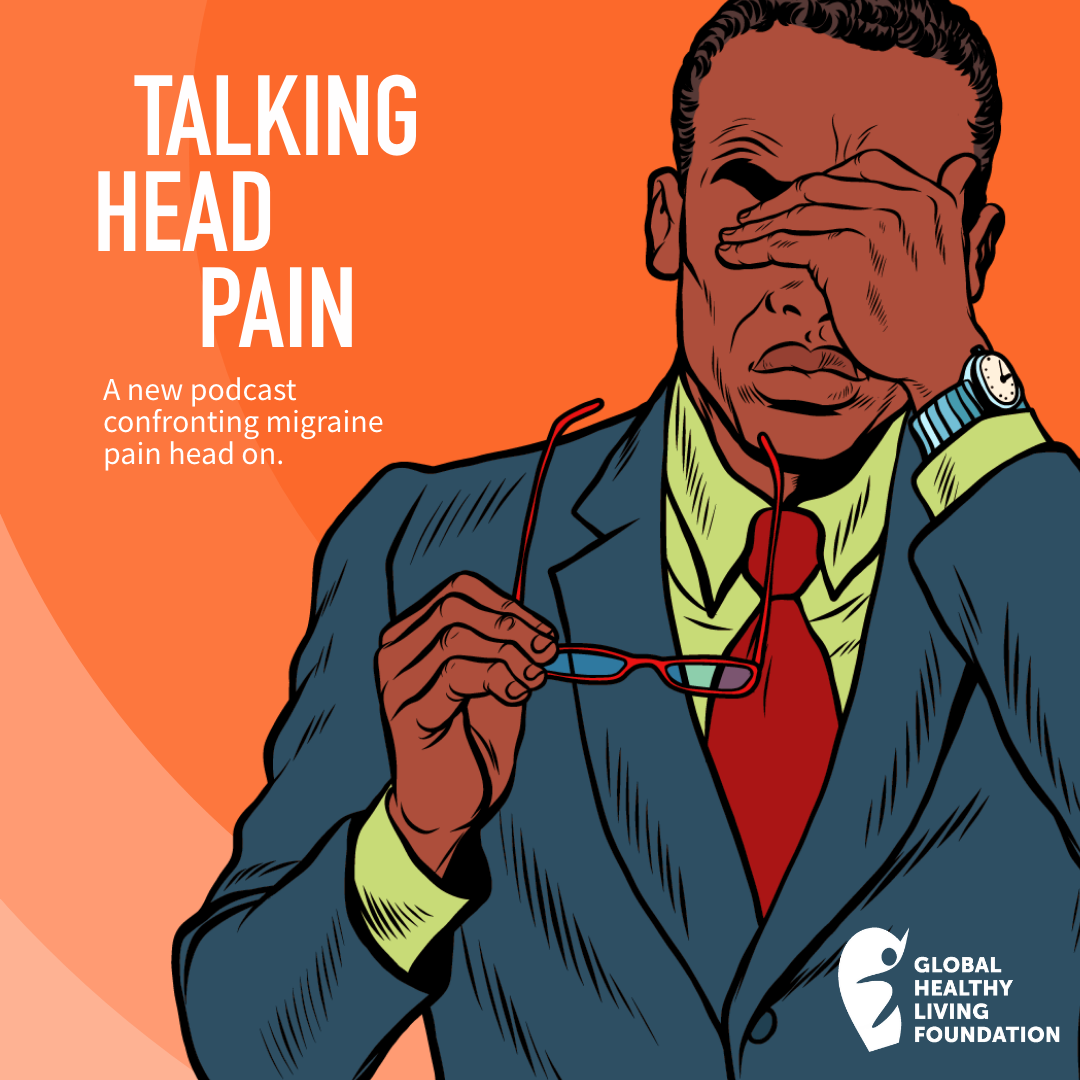All over Canada, mask mandates, capacity limits, and all other protective measures have been lifted as the country collectively hit overwhelming pandemic fatigue. This despite COIVD continuing to churn out new and more contagious variance on a regular basis. For many who live with chronic illness like rheumatoid arthritis (RA), this felt like another example of not considering our needs in public-policy making. Of course, this isn’t a new thing, but the pandemic has made it that much more obvious.
Clearly, something needs to change to bring the issues of the chronic illness and disabled communities to the forefront and to improve overall quality of life. With both Ontario and Québec going to the polls in 2022, there is no better time to talk about how to make our concerns an election issue this year and in future elections.
Chronic Illness Issues Are Everyone’s Issues
Canada is a wonderful place to live and our universal health care system is a big plus when you’re a frequent flyer in the health care system due to autoimmune arthritis. Even so, it could be better. Although the provinces do offer medication support programs, applying can take a long time and not everyone qualifies. In 2004, I experienced this first-hand when waiting for funding for my biologic to be approved, an eight-month process during which an out-of-control RA flare caused permanent damage, leaving me more disabled than I was before. Imagine if our ability to access medication was based on need instead of whether we have benefits at work or the money to afford a biologic treatment. A universal pharmacare program to supplement our universal health care is closer than it’s ever been, but not here yet.
That’s just one example. If governments prioritized our concerns, we could have better (and more accessible) public transit, more widespread flexible work policies, and more sick time. We might see an end to the shortage in rheumatologists that’s contributing to delay of diagnosis and treatment of autoimmune arthritis, better community resources and support for people living with chronic illness and pain, a strengthening of accessibility laws, more accessible (and affordable) housing, better funding for arthritis research, insurance programs to cover repair of mobility aids, and so much more.
When you make the built environment accessible to people with disabilities, it also becomes easier to use for everyone else. That works for our issues as well. Accessible and affordable housing means more people can afford to buy a home and stay there as they age. Pharmacare works for anyone needing a prescription and creates a healthier population, better public transit, reduces cars on the road and therefore pollution, and as we have seen during the pandemic, the ability to work remotely made life better for many. Likewise, continuing a mask mandate (of course, I had to go there) will protect kids under five who don’t yet qualify for the COVID vaccine, frontline workers who don’t have sick days, and enable our strained health care system to recover.
In other words, our issues are not niche or “nice to have.” Our priorities have a very real potential to make our communities and our country a better place to live for everyone.
How To Be Heard During an Election
Election periods can be an excellent time to establish a relationship with the candidates. Start by following them on social media and go to their website and sign up for their newsletter. This will help you stay informed on their stance on issues and community appearances. Pick a few issues that are important to you and write down some of the details about your concerns, imagined solutions, and pertinent questions. Then contact each candidate in your area and ask to speak with them.
This can happen at candidates’ meetings and community appearances — if you’re not comfortable speaking at the formal part of the event, there is usually an opportunity to connect individually at the end. You can also start a conversation on social media, send an email, or ask If you can meet with the candidate. They want your vote, so let them know that it depends on their commitment to the issues that are important to you.
In general, chronic illness and disability communities don’t have powerful lobbies, so our voices don’t seem to carry as much weight as others. There are a few ways you we can change that. The first is to become involved with one of the many Canadian advocacy organizations related to arthritis, chronic illness, and disability. Google a few simple terms such as “arthritis advocacy in Canada” or “disability advocacy in Canada” and check out the options for joining your voice to others.
Also consider involving your friends and family. Developing a network of allies who also care about our issues can make it clear how many voters support initiatives like pharmacare and arthritis research. Share some examples of how each issue has affected you or others in the communitiy to make the issue come alive.
And lastly, think about how you can add your concerns to other issues. For instance, if virtual health care has made your life easier during the pandemic, tell the candidates in provincial elections that it needs to continue to be an option. As well, affordable housing is very much in the news and on the platform of every party and candidate these days, so join those conversations and discuss how important it is to make affordable housing accessible as well.
Continue Advocating After the Election
Once the election is over, continue developing a relationship with your representative at all three levels of government, regardless of whether they are in the winning party. Check in with their Twitter feed and newsletter, show up to the occasional community event or meeting, or meet with them. Once elected, your representative has a mandate to talk to constituents and that includes you. Contact their constituency office to learn more about when they have office hours to speak with members of the community. If you’re not sure how to best communicate your concerns, check out the templates of letters and speaking points developed by the Canadian Arthritis Patient Alliance (CAPA).
As is the case in so much of life, politics responds to volume and noise. The more people talk about the issues that affect those of us who live with chronic illness and disability, the more politicians — and therefore governments — will realize that this is an important topic for the people they represent. Your voice and your vote matter.
Let’s make some noise.
Stay in Touch with CreakyJoints Canada
Part of the nonprofit Global Healthy Living Foundation, CreakyJoints is a digital community for millions of arthritis patients and caregivers worldwide who seek education, support, advocacy, and patient-centered research. All of our programming and services are always provided free of charge. As we grow CreakyJoints Canada we want to hear from you. Please join our email list to stay connected, learn about new content and initiatives, and send us suggestions and ideas.






